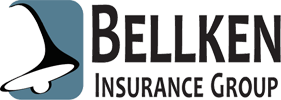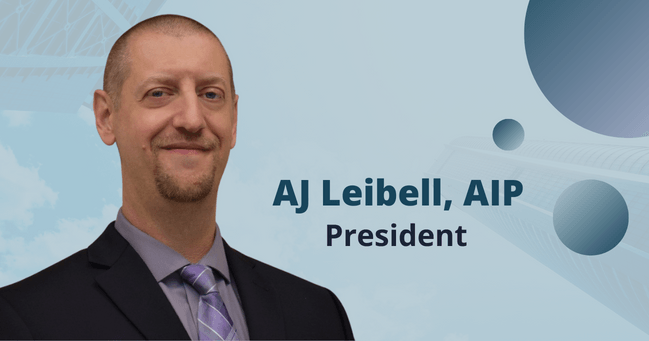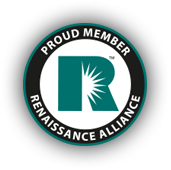Florida Roofing Insurance
8:30am - 5:00pm Mon-Fri
Will Reply in 15min*
Top Recommended Business Insurance Policies

Index
Contact Us
Phone
Location
6900 Tavistock Lakes Blvd, Suite 400, Orlando FL 32827
Florida’s unique climate and weather patterns make roofing insurance an essential consideration for homeowners and roofing contractors alike. From hurricane seasons to intense sun exposure, the state’s roofing systems face a variety of challenges that can lead to costly repairs or replacements. Understanding the ins and outs of roofing insurance in Florida can save property owners significant time, money, and stress.
Why Roofing Insurance is Crucial in Florida
Florida’s weather conditions are some of the most extreme in the United States. The state regularly experiences hurricanes, tropical storms, heavy rains, and intense UV exposure, all of which can severely damage roofs. According to the National Oceanic and Atmospheric Administration (NOAA), Florida ranks as the state most frequently hit by hurricanes, with an average of one to two hurricanes making landfall annually.
These natural forces can cause roof leaks, structural damage, and even complete roof failures. Without proper insurance coverage, repairs can quickly become a financial burden. Roofing insurance protects homeowners and contractors by covering the costs associated with damage, ensuring that repairs or replacements are handled promptly and professionally. Furthermore, having roofing insurance can provide peace of mind, knowing that you are financially safeguarded against the unpredictable nature of Florida's climate.
The Impact of Hurricanes and Storms on Roofs
Hurricanes bring high winds, flying debris, and torrential rains, all of which can compromise roofing materials. Wind speeds exceeding 100 miles per hour can lift shingles, tear off tiles, or damage metal roofing. Additionally, water intrusion from damaged roofs can lead to mold growth and interior damage, compounding repair costs. The aftermath of a hurricane often leaves many homeowners scrambling to find reliable contractors to assess and repair their roofs, which can lead to delays in securing necessary repairs.
Storm-related claims are among the most common and costly in Florida. The Insurance Information Institute reports that hurricane-related property damage claims can reach billions of dollars, with roofing damage comprising a significant portion of these claims. Moreover, the increased frequency of severe weather events due to climate change means that homeowners may face more frequent and severe roof damage, making roofing insurance not just a wise choice, but a necessary one for long-term financial stability.
Sun Exposure and Its Effects on Roofing Materials
Florida’s intense sun exposure accelerates the aging of roofing materials. UV radiation breaks down the chemical bonds in shingles, tiles, and membranes, leading to cracking, fading, and brittleness. Over time, this degradation reduces the roof’s ability to protect the home effectively. Regular inspections and maintenance are essential in this climate, as they can help identify potential issues before they escalate into costly repairs.
Insurance policies that cover wear and tear caused by environmental factors can be invaluable in extending the life of a roof and reducing unexpected expenses. Additionally, many insurance providers offer incentives for homeowners who invest in more durable roofing materials that can withstand Florida's harsh conditions. This proactive approach not only enhances the longevity of the roof but can also lead to lower premiums, making it a financially savvy decision for homeowners looking to protect their investments in the long run.
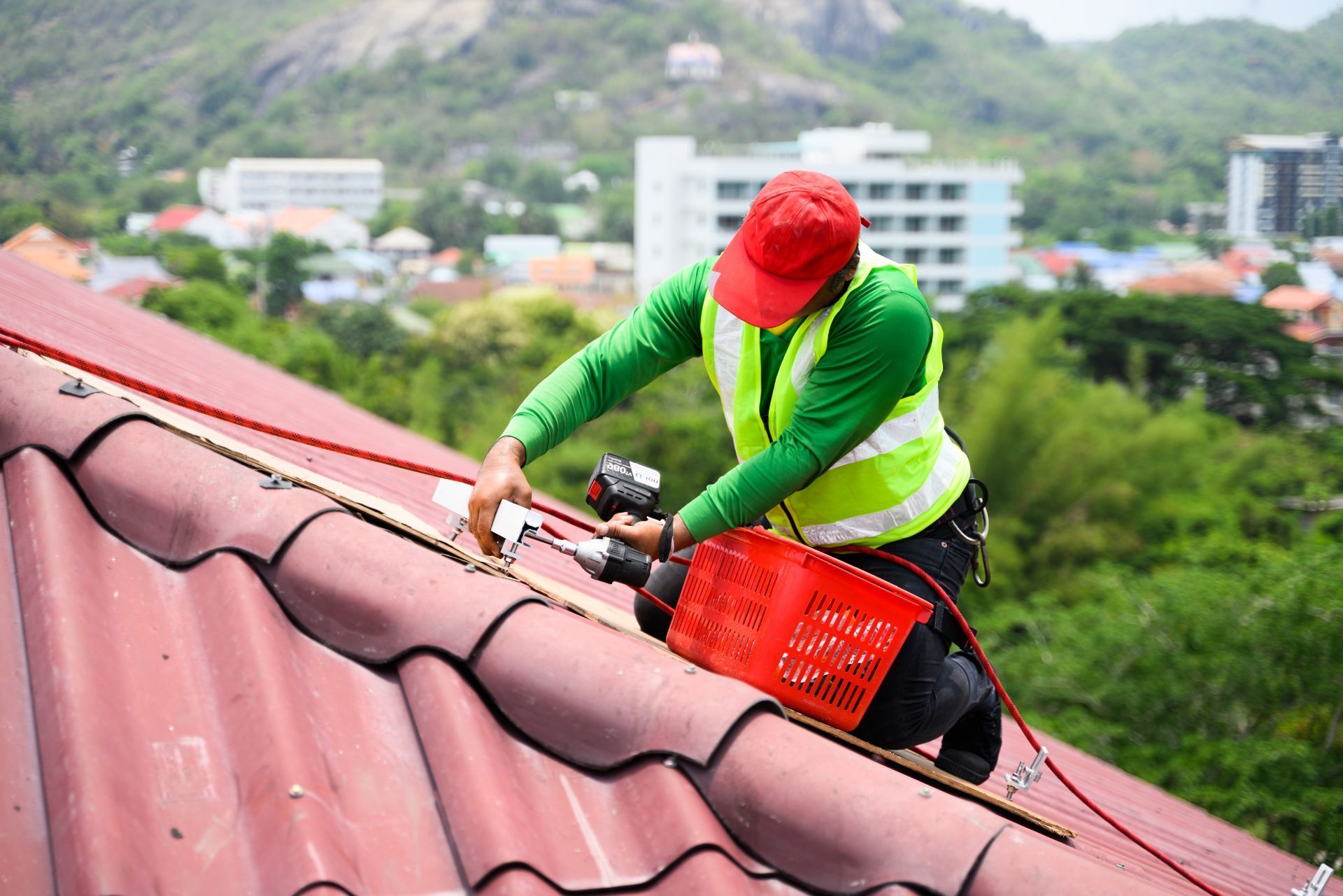
Types of Roofing Insurance Coverage Available in Florida
Understanding the different types of roofing insurance coverage is critical for selecting the right policy. Coverage options vary based on whether you are a homeowner or a roofing contractor, and policies can be customized to fit specific needs.
Homeowners Insurance and Roof Coverage
Most standard homeowners insurance policies in Florida include some level of roof coverage. Typically, this coverage protects against sudden and accidental damage caused by perils such as windstorms, hail, fire, and vandalism.
However, it’s important to note that many policies exclude damage caused by normal wear and tear, neglect, or maintenance issues. Additionally, some policies have specific limits on roof coverage or require separate endorsements for full protection. Homeowners should carefully review their policy details and consider consulting with an insurance agent to ensure they fully understand the terms and conditions of their coverage. This diligence can help prevent unpleasant surprises when filing a claim, especially after a significant weather event.
Roofing Contractor Insurance
Roofing contractors in Florida face unique risks, including property damage, bodily injury, and liability claims. To protect their business and comply with state regulations, contractors typically carry several types of insurance:
- General Liability Insurance: Covers third-party injuries or property damage caused by the contractor’s operations.
- Workers’ Compensation Insurance: Provides coverage for employees injured on the job.
- Commercial Auto Insurance: Protects vehicles used for business purposes.
- Tools and Equipment Insurance: Covers loss or damage to essential roofing tools and machinery.
- Professional Liability Insurance: Also known as errors and omissions insurance, this covers claims related to workmanship or design errors.
Contractors should also consider obtaining insurance that specifically covers storm damage and roofing defects, given Florida’s weather risks. Additionally, it’s wise for contractors to stay informed about changes in local regulations and insurance requirements, as these can impact their coverage needs and business operations. Regular training and safety protocols can also help mitigate risks and potentially lower insurance premiums over time.
Specialized Policies and Endorsements
In addition to standard coverage, Florida homeowners and contractors can benefit from specialized policies or endorsements tailored to regional risks. For example:
- Hurricane Deductible Endorsements: Many Florida policies include higher deductibles specifically for hurricane-related claims, sometimes ranging from 2% to 10% of the insured value of the home.
- Windstorm Coverage: Separate windstorm policies may be necessary in coastal areas prone to hurricanes.
- Roof Replacement Cost Endorsements: These endorsements ensure that the insurance payout covers the full cost of replacing a roof rather than just its depreciated value.
Understanding these options is key to ensuring comprehensive protection. Homeowners should also be proactive in maintaining their roofs, as regular inspections and timely repairs can help prevent larger issues down the line and may even lead to lower insurance premiums. Furthermore, staying informed about local building codes and insurance trends can empower homeowners and contractors alike to make educated decisions regarding their roofing insurance needs, ensuring they are adequately covered in the event of unforeseen circumstances.
How to Choose the Right Roofing Insurance in Florida
Selecting an appropriate roofing insurance policy requires careful evaluation of personal needs, property characteristics, and risk factors. Here are some critical considerations:
Assess Your Roof’s Condition and Material
Insurance providers often consider the age, condition, and type of roofing material when determining coverage and premiums. For example, roofs made from asphalt shingles may have different coverage terms than those made from tile or metal. Older roofs might be subject to higher premiums or exclusions.
Regular roof inspections can help identify vulnerabilities and provide documentation that may support insurance claims. Furthermore, maintaining your roof through routine maintenance can not only prolong its lifespan but also potentially lower your insurance premiums. Insurers may offer discounts for roofs that are regularly serviced and maintained, as this reduces the likelihood of significant damage occurring.
Evaluate Your Risk Exposure
Location plays a significant role in risk assessment. Homes near the coast are more susceptible to hurricane damage and may require specialized coverage. Similarly, properties in areas prone to hail or heavy rains should consider policies that address these specific threats. Understanding your local climate and historical weather patterns can provide insight into the types of coverage you may need. For instance, if your area has a history of severe storms, it might be wise to invest in additional coverage options that specifically address wind and water damage.
Understand Policy Limits and Deductibles
Reviewing the limits and deductibles in a policy is essential. High deductibles can lower premium costs but increase out-of-pocket expenses when filing a claim. Conversely, low deductibles may lead to higher premiums but provide greater financial protection during damage events. It’s also important to consider how policy limits apply to different types of damage. For example, some policies may have lower limits for certain types of damage, such as wind or hail, which could leave you underinsured in a catastrophic event.
Florida policies often have separate deductibles for hurricane damage, so it’s important to clarify these details with your insurer. Additionally, inquire about any exclusions that may apply, as certain policies might not cover specific types of damage or may require additional endorsements for comprehensive protection.
Compare Multiple Insurance Providers
Shopping around and comparing quotes from multiple insurance companies can help find the best balance between coverage and cost. Look for insurers with strong reputations for customer service and claims handling, especially in Florida’s challenging weather environment. Online reviews and customer testimonials can provide insights into how well an insurance company responds to claims and supports its policyholders during difficult times.
It’s also beneficial to ask about any discounts that may be available, such as bundling home and auto insurance or installing impact-resistant roofing materials. These factors can significantly affect your overall premium and provide added peace of mind.
Consult with Insurance and Roofing Professionals
Working with licensed insurance agents familiar with Florida’s roofing insurance landscape can provide valuable insights. Additionally, roofing contractors often have experience dealing with insurance claims and can offer guidance on policy requirements and documentation. They can also help assess the current state of your roof and recommend upgrades that might qualify for better coverage or lower premiums.
Furthermore, engaging with both insurance and roofing professionals can create a more comprehensive understanding of your options. This collaboration can ensure that you are not only selecting the right insurance policy but also making informed decisions about the maintenance and improvement of your roof, ultimately safeguarding your investment against Florida's unpredictable weather challenges.
Filing a Roofing Insurance Claim in Florida
When roof damage occurs, understanding the claims process can make the difference between a smooth recovery and prolonged frustration. Florida's unique weather patterns, including hurricanes and heavy storms, often lead to significant roof damage, making it essential for homeowners to be well-prepared for the claims process.
Document the Damage Thoroughly
Immediately after a storm or damage event, take clear photos and videos of the roof and any interior damage caused by leaks. Detailed documentation supports the claim and helps prevent disputes with insurers. Additionally, consider keeping a written log of events, including the date and time of the damage, as well as any conversations with contractors or insurance representatives. This comprehensive record can serve as a valuable reference throughout the claims process.
Contact Your Insurance Provider Promptly
Notify your insurance company as soon as possible to initiate the claims process. Many insurers have specific timeframes for reporting damage, and delays can jeopardize coverage. During this initial contact, be prepared to provide your policy number and a brief description of the damage. This proactive approach not only expedites the claims process but also demonstrates your commitment to resolving the issue efficiently.
Schedule a Professional Roof Inspection
Insurance adjusters will typically inspect the property to assess damage. It’s advisable to also hire a trusted roofing contractor to provide an independent evaluation and estimate. This documentation can be critical if there are disagreements over the extent of damage or repair costs. When selecting a contractor, look for those with strong local reputations and positive reviews, as their expertise can significantly impact the outcome of your claim.
Understand the Settlement Offer
Review the insurance company’s settlement carefully. Ensure that it covers all necessary repairs or replacement costs. If the offer seems insufficient, policyholders have the right to negotiate or seek a second opinion. It may also be beneficial to consult with a public adjuster, who can advocate on your behalf and help ensure that you receive a fair settlement based on the true extent of the damage.
Beware of Common Claim Pitfalls
Florida homeowners sometimes face challenges such as:
- Disputes over “wear and tear” exclusions: Insurers may deny claims if they believe damage is due to lack of maintenance rather than a covered peril.
- Hurricane deductible confusion: Higher hurricane deductibles can surprise policyholders if not clearly understood beforehand.
- Contractor fraud: Be cautious of roofing contractors who promise to handle insurance claims but inflate repair costs or perform subpar work.
Being informed and vigilant can help avoid these issues. Additionally, it’s wise to familiarize yourself with your specific policy details, including coverage limits and exclusions. Understanding these nuances can empower you to better navigate the claims process and advocate for your rights as a homeowner.
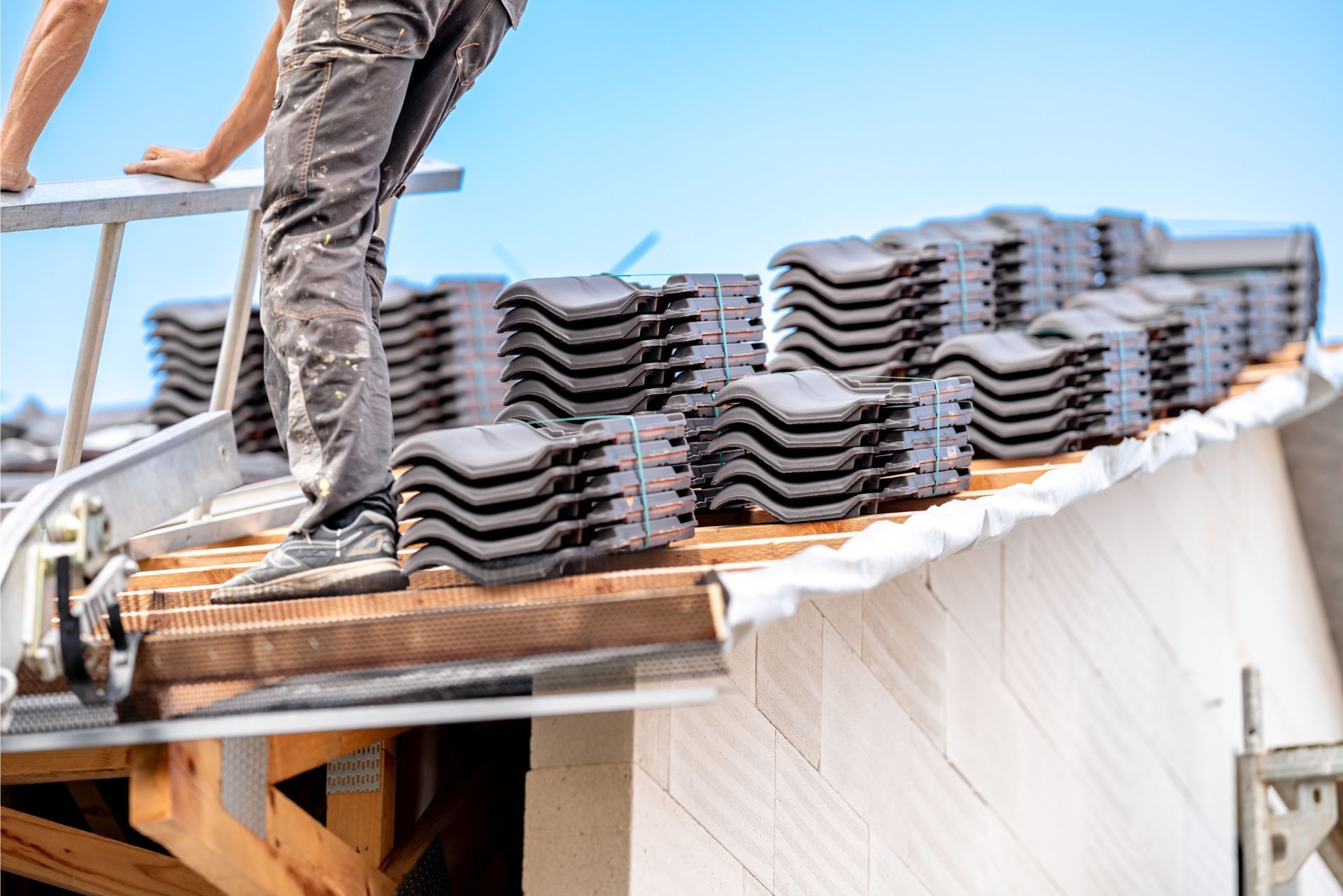
Tips for Maintaining Your Roof and Reducing Insurance Costs
Proactive roof maintenance not only extends the life of your roof but can also lead to lower insurance premiums and smoother claims experiences.
Regular Roof Inspections and Maintenance
Schedule professional roof inspections at least once a year and after major storms. Address minor repairs promptly to prevent escalation. Keeping gutters clean and ensuring proper ventilation can also reduce damage risks.
Invest in Impact-Resistant Roofing Materials
Florida’s building codes often encourage or require impact-resistant roofing materials, such as Class 4-rated shingles. These materials can withstand hail and wind better, potentially qualifying homeowners for insurance discounts.
Improve Home Resilience Measures
Installing hurricane straps, reinforcing roof-to-wall connections, and securing loose items around the property can reduce damage severity during storms, which in turn may lower insurance claims and premiums.
Maintain Good Records
Keep detailed records of all roof maintenance, repairs, and upgrades. Documentation helps support insurance claims and demonstrates responsible property management.
Conclusion
Florida’s roofing insurance landscape is complex but vital for protecting homes and businesses from the state’s challenging weather conditions. By understanding the types of coverage available, evaluating personal risk factors, and maintaining roofs proactively, homeowners and contractors can ensure they are well-prepared for whatever nature throws their way.
Choosing the right insurance policy, knowing how to navigate claims, and investing in quality roofing materials and maintenance are the keys to safeguarding your investment in Florida’s dynamic environment.
With the right knowledge and preparation, Florida residents can face hurricane seasons and intense sun exposure with confidence, knowing their roofs and finances are protected.
